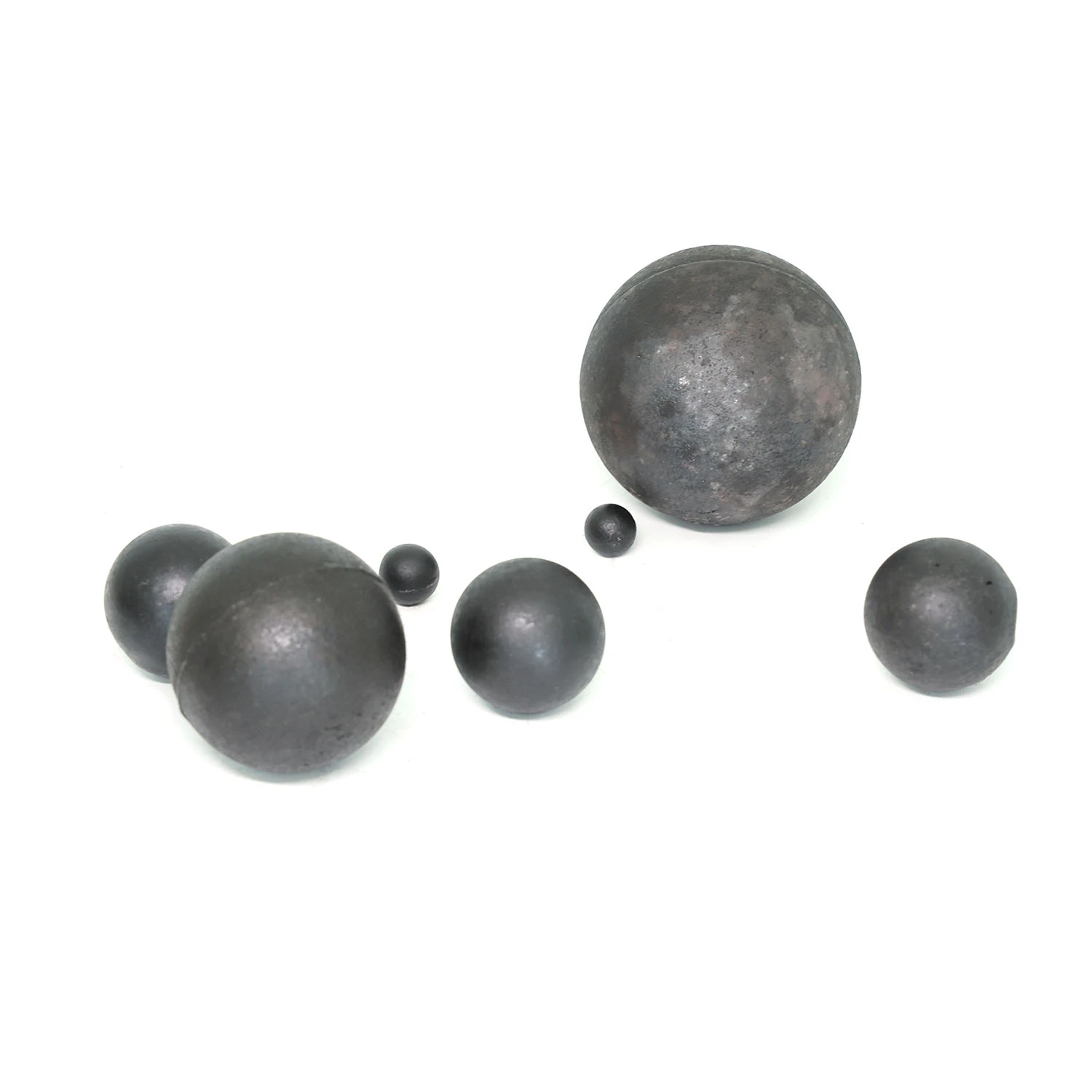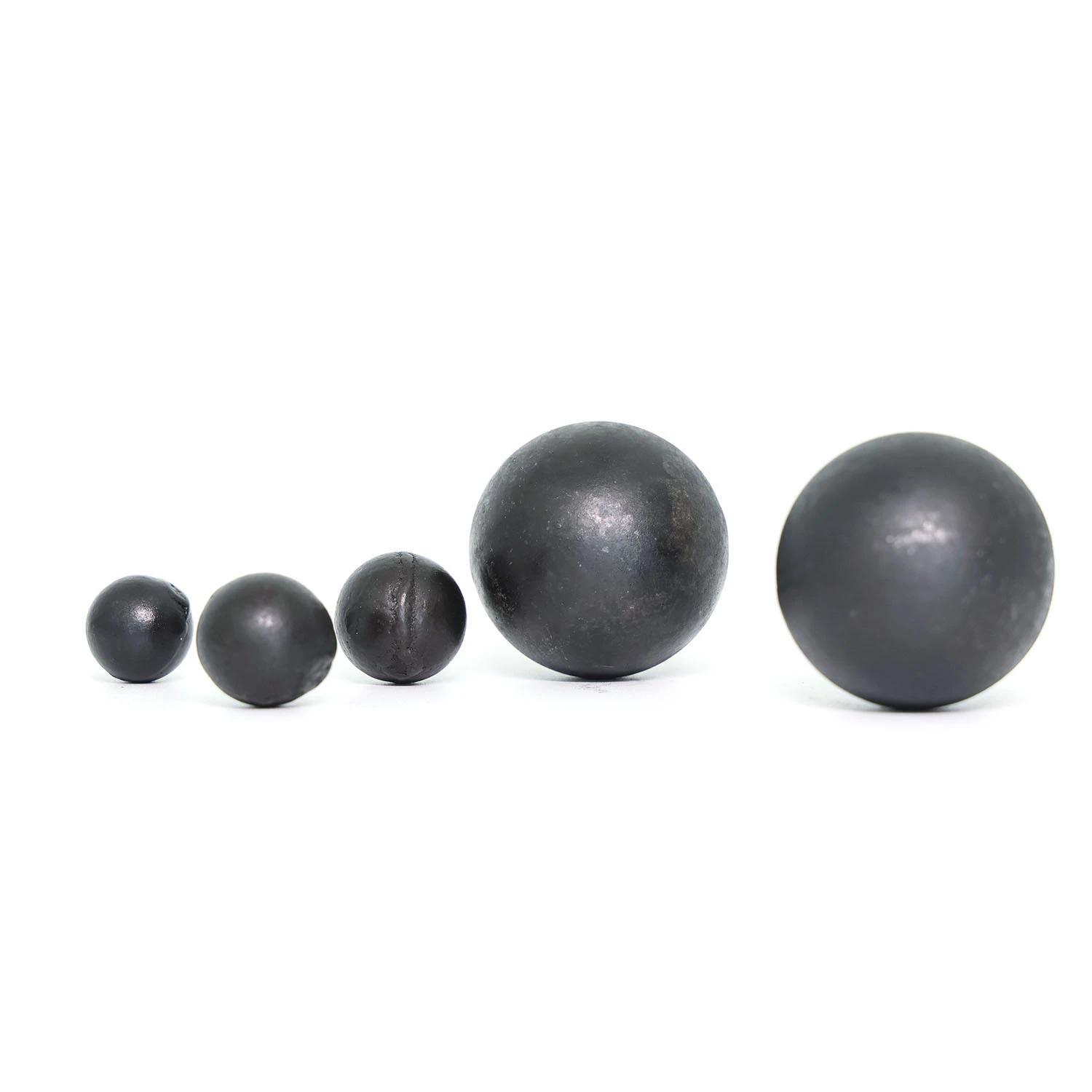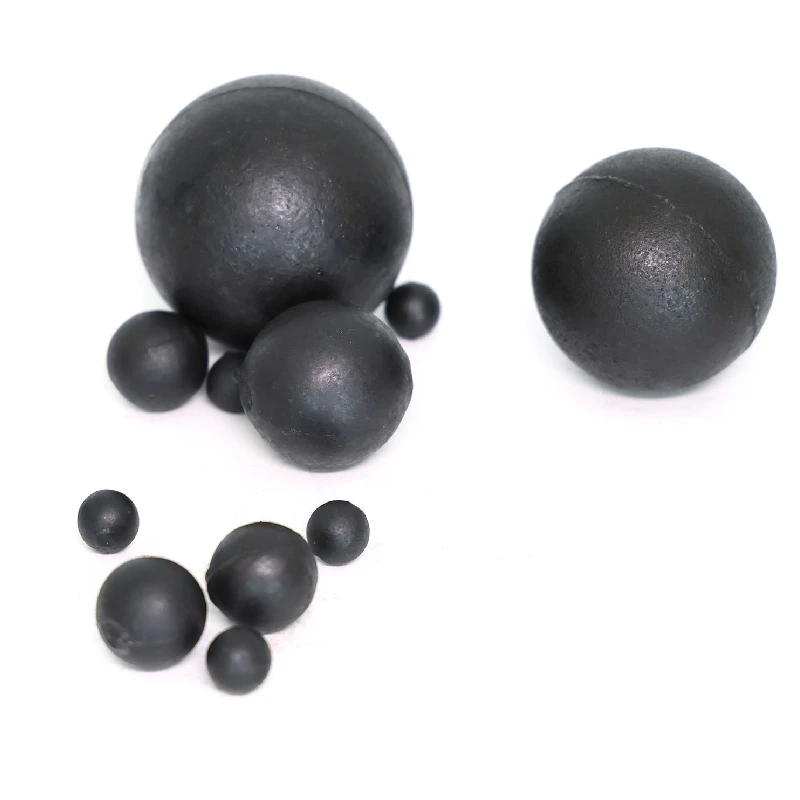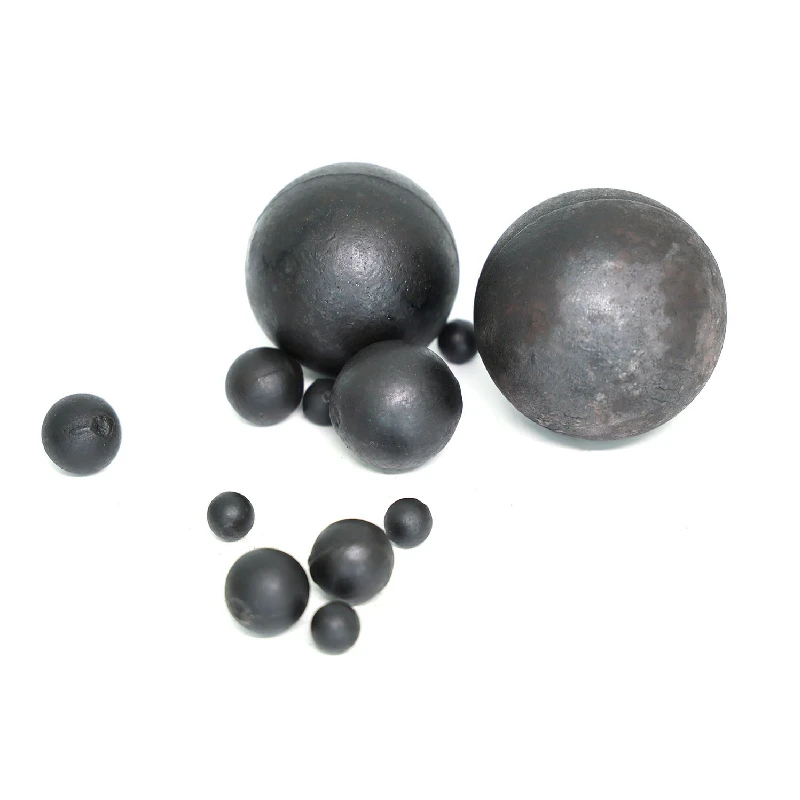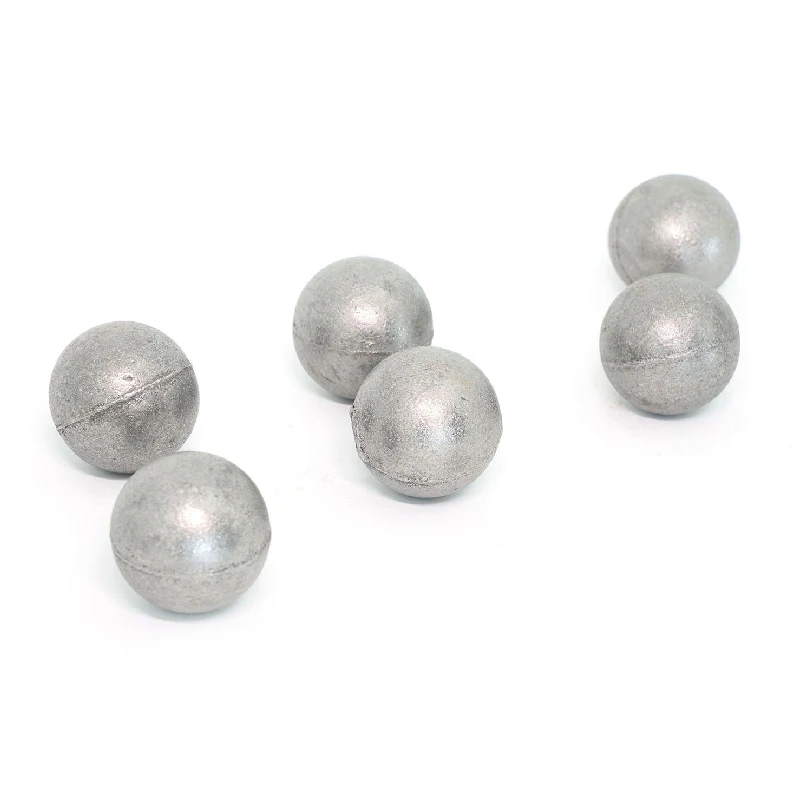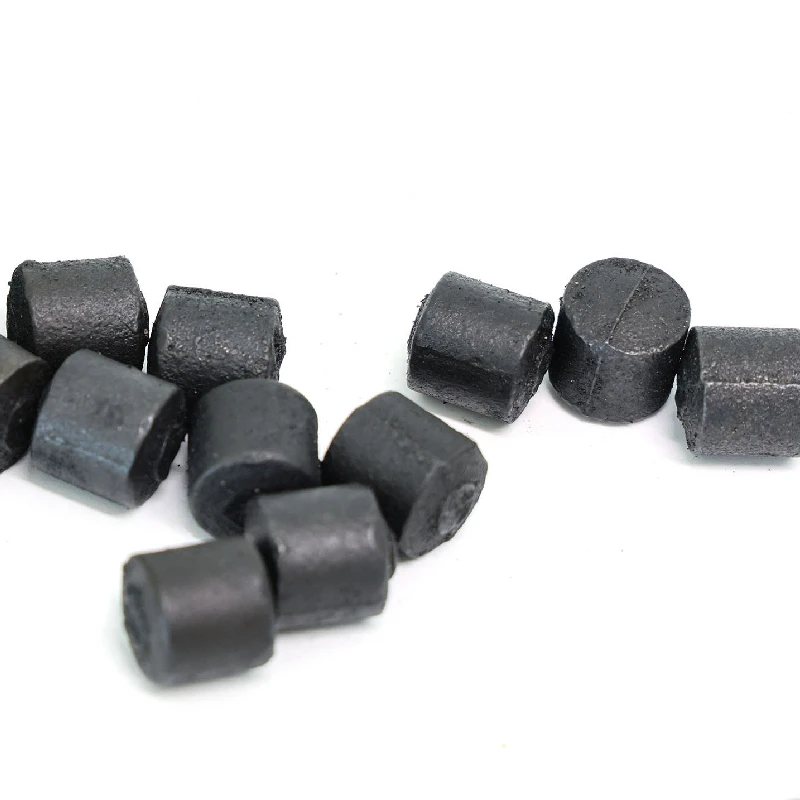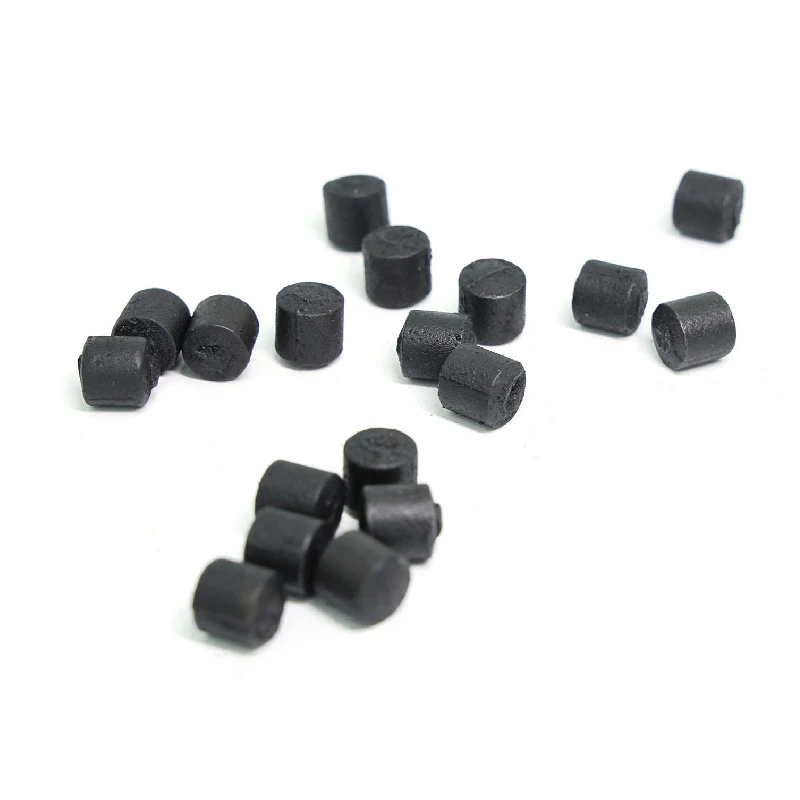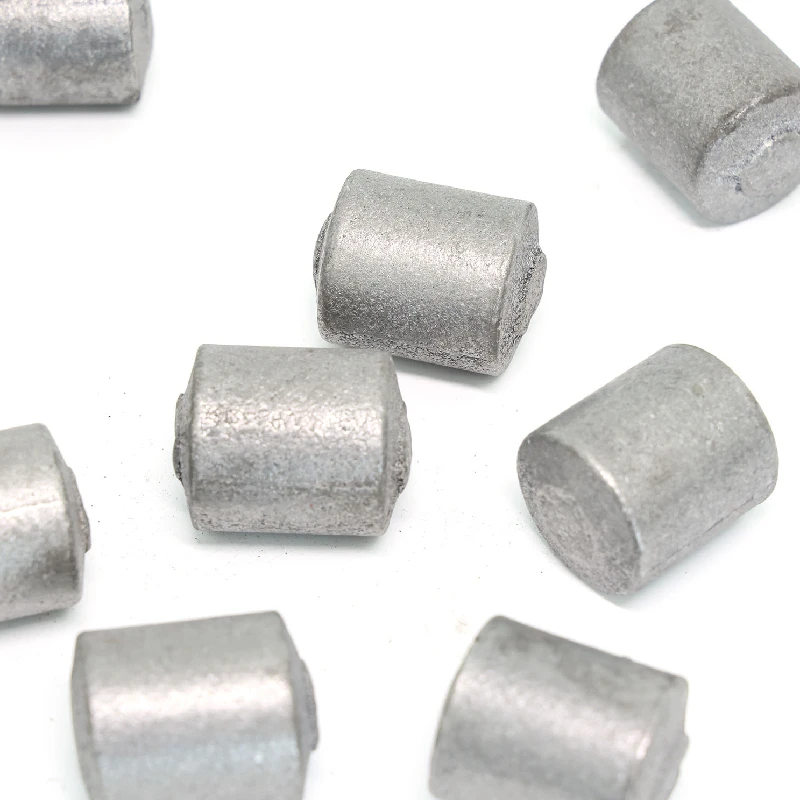- Afrikaans
- Albanian
- Amharic
- Arabic
- Armenian
- Azerbaijani
- Basque
- Belarusian
- Bengali
- Bosnian
- Bulgarian
- Catalan
- Cebuano
- China
- Corsican
- Croatian
- Czech
- Danish
- Dutch
- English
- Esperanto
- Estonian
- Finnish
- French
- Frisian
- Galician
- Georgian
- German
- Greek
- Gujarati
- Haitian Creole
- hausa
- hawaiian
- Hebrew
- Hindi
- Miao
- Hungarian
- Icelandic
- igbo
- Indonesian
- irish
- Italian
- Japanese
- Javanese
- Kannada
- kazakh
- Khmer
- Rwandese
- Korean
- Kurdish
- Kyrgyz
- Lao
- Latin
- Latvian
- Lithuanian
- Luxembourgish
- Macedonian
- Malgashi
- Malay
- Malayalam
- Maltese
- Maori
- Marathi
- Mongolian
- Myanmar
- Nepali
- Norwegian
- Norwegian
- Occitan
- Pashto
- Persian
- Polish
- Portuguese
- Punjabi
- Romanian
- Russian
- Samoan
- Scottish Gaelic
- Serbian
- Sesotho
- Shona
- Sindhi
- Sinhala
- Slovak
- Slovenian
- Somali
- Spanish
- Sundanese
- Swahili
- Swedish
- Tagalog
- Tajik
- Tamil
- Tatar
- Telugu
- Thai
- Turkish
- Turkmen
- Ukrainian
- Urdu
- Uighur
- Uzbek
- Vietnamese
- Welsh
- Bantu
- Yiddish
- Yoruba
- Zulu
İyn . 23, 2025 16:46 Back to list
Unveiling the Significance of High - Performance Materials in Wear - Resistant Applications
In the industrial landscape, the quest for materials that can withstand extreme conditions and offer superior durability is ongoing. Among the key substances that have emerged as essential in wear - resistant applications are manganese wear plate, 1.3401 steel, 14 manganese steel, 3t hardened manganese steel, and 3t manganese steel. These materials, each with its unique properties and applications, play a crucial role in sectors ranging from mining and construction to heavy machinery manufacturing.
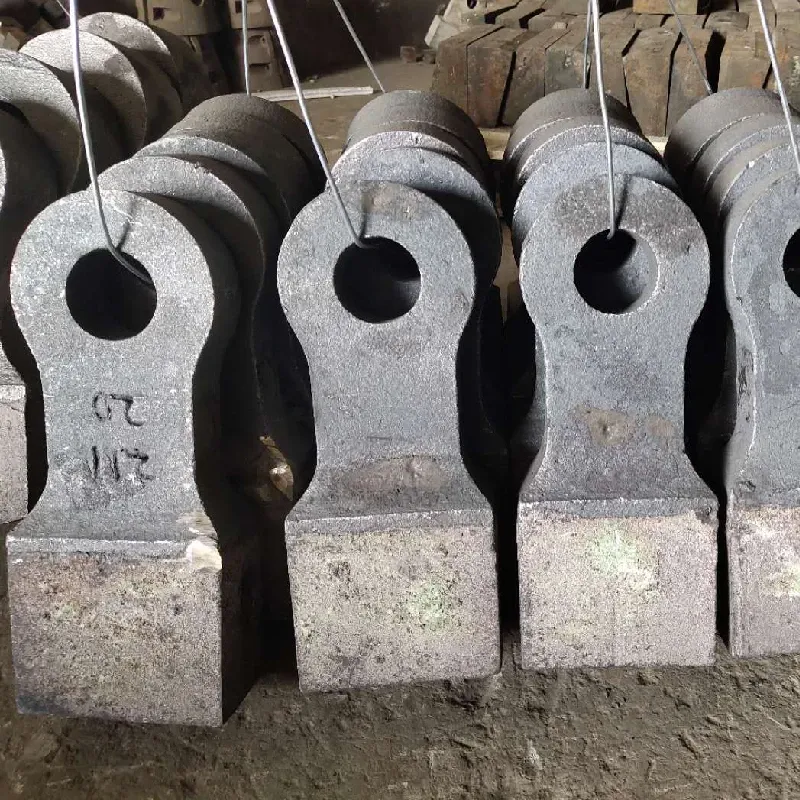
The Robustness of Manganese Wear Plate
In industries where abrasive materials are constantly in contact with surfaces, manganese wear plate stands out as a reliable solution. Mining operations, for example, often rely on equipment that deals with hard rocks and minerals on a daily basis. Manganese wear plates are installed in areas such as conveyor chutes and hoppers, where the constant flow of abrasive materials can quickly degrade standard metal surfaces. These plates are designed to work by work - hardening upon impact. When the surface of the manganese wear plate is subjected to the force of heavy materials sliding or falling against it, the outer layer becomes harder, creating a more resistant barrier. This property ensures that the plate can maintain its integrity over extended periods, reducing the frequency of replacements and minimizing downtime in operations.
The Versatility of 1.3401 Steel
1.3401 steel, also known as X40CrMoV5 - 1 in the European standard, offers a combination of strength and toughness that makes it suitable for a wide range of applications. In the manufacturing of cutting tools, this steel grade is highly valued. Its ability to maintain a sharp edge even under high - stress cutting operations is due to its precise chemical composition, which includes elements like chromium, molybdenum, and vanadium. In the automotive industry, 1.3401 steel can be found in components such as engine valves and camshafts. Here, its resistance to wear and fatigue, along with its good heat - resistance properties, ensures the smooth operation of the engine over long service lives. The steel's versatility allows it to be used in both high - precision machining and heavy - duty mechanical applications.
The Strength of 14 Manganese Steel
14 manganese steel is renowned for its high manganese content, which imparts exceptional strength and impact resistance. In the construction of heavy - duty machinery frames, this steel type is a popular choice. For instance, in the assembly of large cranes and excavators, 14 manganese steel provides the necessary structural integrity to withstand the heavy loads and dynamic forces involved in their operation. The high manganese level also contributes to the steel's ability to resist deformation under stress. When used in railway frogs and crossings, where train wheels constantly make contact and exert pressure, 14 manganese steel can endure the repeated impacts without significant wear or breakage, ensuring the safety and reliability of railway infrastructure.
The Superiority of 3t Hardened Manganese Steel
3t hardened manganese steel represents an advanced form of manganese - based material designed for the most demanding wear - resistant scenarios. In the recycling industry, where equipment processes various scrap materials with sharp edges and high abrasiveness, this steel is used in components like shredder blades and impact hammers. The hardening process further enhances the steel's surface hardness, making it highly resistant to cutting and scratching. Mining crushers also benefit from 3t hardened manganese steel components. The steel's ability to withstand the continuous pounding of large rocks and ore during the crushing process significantly extends the lifespan of the equipment. This not only reduces maintenance costs but also increases the overall productivity of mining operations.
The Utility of 3t Manganese Steel
3t manganese steel offers a balance between cost - effectiveness and performance, making it a widely used material in many industrial applications. In the manufacturing of agricultural machinery, such as plows and harrows, 3t manganese steel is employed for parts that come into contact with the soil. The soil, often containing small stones and other abrasive particles, can quickly wear down less durable materials. The manganese content in 3t manganese steel provides enough wear resistance to ensure that these agricultural components can operate effectively for multiple seasons. Additionally, in the production of industrial pipes that transport abrasive slurries, 3t manganese steel helps maintain the integrity of the pipe walls, preventing premature leakage and the need for frequent replacements.
FAQ Regarding Manganese - Based and Related Steels
How to select the appropriate manganese - based material for a specific application?
Selecting the right material depends on several factors. First, assess the level of abrasion and impact the component will endure. For high - impact and abrasive environments like mining, manganese wear plate or 3t hardened manganese steel may be suitable. Consider the cost - performance ratio; 3t manganese steel might be a better option for applications where extreme wear resistance isn't required but some level of durability is needed. Also, take into account the operating temperature and chemical exposure of the application, as different materials have varying tolerances to these factors.
What maintenance practices are recommended for components made of these materials?
Regular inspection is key. Check for signs of wear, such as surface pitting or thinning, especially in components made of manganese wear plate or 3t hardened manganese steel. Clean the surfaces to remove any debris that could accelerate wear. For steel components like 1.3401 steel, lubricate moving parts if applicable to reduce friction - induced wear. In case of minor damage, some materials may be repairable through welding or surface treatment, but it's important to follow proper procedures to avoid compromising the material's properties.
Can these materials be recycled?
Yes, manganese wear plate, 1.3401 steel, 14 manganese steel, 3t hardened manganese steel, and 3t manganese steel are recyclable. Recycling these materials helps conserve natural resources and reduces the energy required for new steel production. However, the recycling process may need to account for the specific alloying elements in each material to ensure the recycled product meets the required quality standards.
How do the properties of 1.3401 steel differ from manganese - based steels?
1.3401 steel has a different alloy composition compared to manganese - based steels. It contains elements like chromium, molybdenum, and vanadium, which give it properties such as good heat - resistance and high hardness suitable for cutting applications. Manganese - based steels, on the other hand, rely on their high manganese content for work - hardening and impact resistance. While 1.3401 steel is often used in precision - engineered components, manganese - based steels are more focused on withstanding heavy impacts and abrasion in rugged environments.
Is 3t hardened manganese steel always a better choice than 3t manganese steel?
Not necessarily. 3t hardened manganese steel offers enhanced surface hardness and wear resistance, making it ideal for extremely abrasive and high - impact applications. However, it may also be more expensive and less ductile than 3t manganese steel. For applications where the level of wear and impact is moderate, 3t manganese steel can provide sufficient performance at a lower cost. The choice between the two depends on the specific requirements and constraints of the application at hand.
-
Unraveling the Significance of Manganese - Based Materials in Industry
NewsJun.23,2025
-
Unraveling the Significance of Industrial Wear - Resistant Materials
NewsJun.23,2025
-
Optimizing Industrial Equipment Performance with Liner Plates
NewsJun.23,2025
-
Diverse Applications and Insights into Industrial Lining Solutions
NewsJun.23,2025
-
Diverse Alloys Shaping Industrial Applications
NewsJun.23,2025
Realted Products


